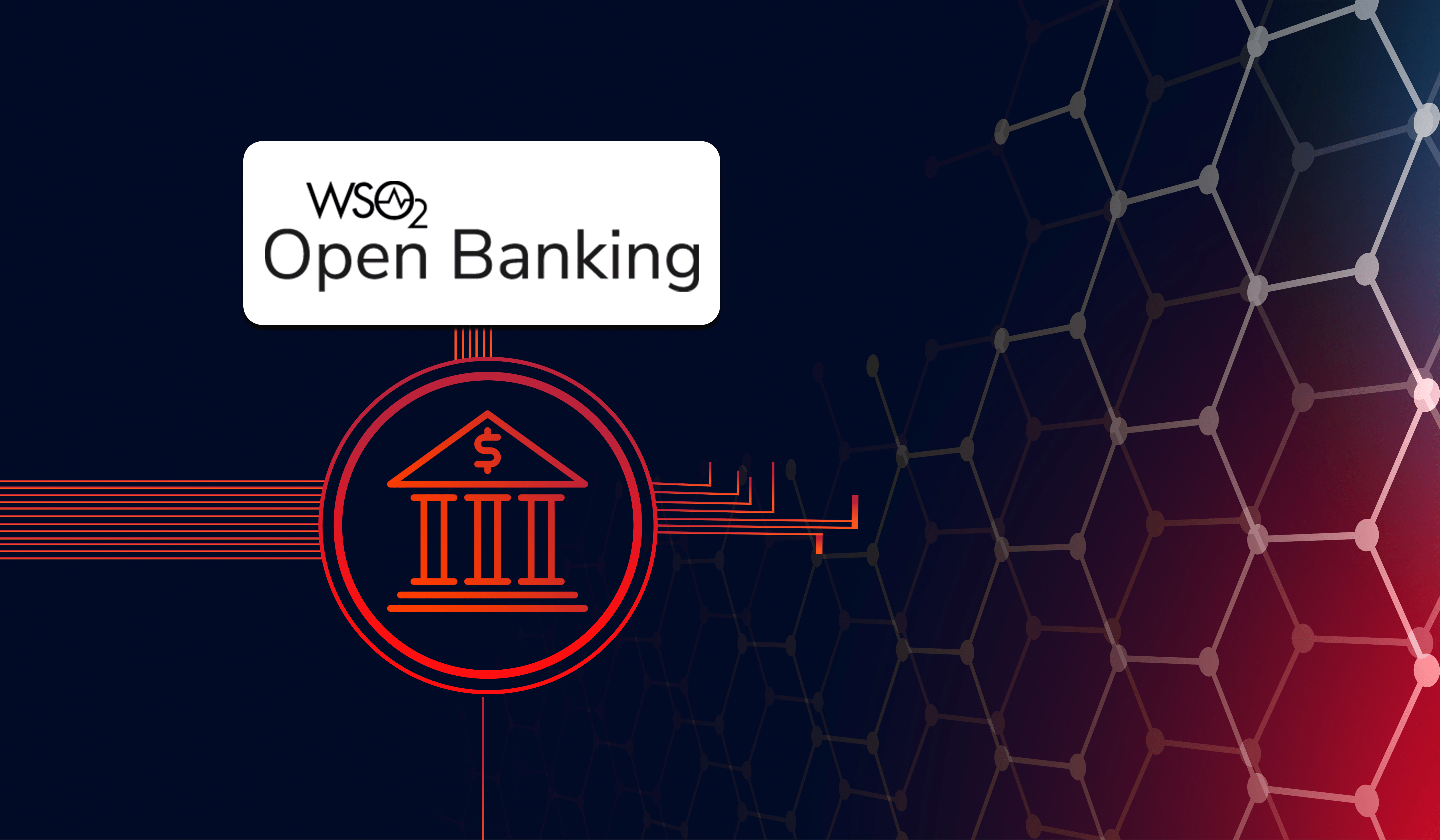Introduction
Identity fraud is a critical issue that leads to many other crimes like money laundering, terrorism financing, and more run-of-the-mill fraud schemes in financial institutions. And that is why KYC has become one of the most significant features a financial institution must have.
KYC, also known as “Know Your Customer” or “Know Your Client,” is a set of procedures for verifying a customer’s identity before or while doing business with banks and other financial institutions. Financial institutions can spot suspicious behaviours more effectively by authenticating a customer’s identity and intents at the account opening and then studying their transaction patterns. In other words, banks must ensure that their clients are genuinely whom they claim to be. Banks can refuse to open an account or halt a business relationship if the client fails to meet minimum KYC requirements.
KYC laws are strict, and the standards are only increasing over time. International regulations influenced by means like the Financial Action Task Force (FATF) are now implemented in national laws encompassing strong directives like AML 4 and 5 and preventive measures like “KYC” for client identification. So financial institutions have to pay more money to comply with KYC or face severe penalties.

The KYC process is carried out by both individuals and organisations wanting to connect with a financial institution. The authentication process is based on verifying identity and place of residence. The documents required for the KYC process for individuals include things such as,
- Driver’s license
- Social security card/number
- Passport
- Documents issued by the state or the federal government.
Additionally,
- Utility bills, such as telephone, electricity, gas, etc.
- Bank statements
- Employment documents
- Housing contracts and rent agreements
can be requested as proof of residence.
KYC can be in two different types: offline KYC and online KYC.
In the offline process, you may,
- Download a form
- Fill it with your details
- Visit the KYC registration agency
- Submit the KYC with relevant attached documents like NIC
- Furnish biometrics if required
And the online KYC process includes features like
- ID card verification
- face verification
- document verification
- biometric verification.
The online KYC process will be more convenient because you wouldn’t have to print documents or visit any places physically. The process may vary depending on the provider, but generally, it includes various online procedures to verify your identity.
KYC’s role in Banking
Know Your Customer is a standard due diligence method used by financial institutions and other financial services firms to analyse and manage customer risk as well as authenticate a customer’s identity. Verifying that a customer is whom they claim to be is the purpose of KYC. And verifying the true essence of customers is a significant challenge for Banking institutes. The KYC system is introduced as a solution for this.
KYC is required for banks that often deal with customers while opening and maintaining accounts. Standard KYC procedures generally apply when a business onboards a new client or a current client acquires a regulated product.
With KYC, customers are requested to provide credentials proving their identity and authenticity. The verification process in Banks includes everything from checking identity documents to biometrics. Banks must comply with KYC regulations to stop money laundering, identity theft, and other fraud and ensure that clients are not engaging in criminal activities using their services.
Almost any institution interacting with money is affected by KYC regulations (nearly every business). While banks are required to comply with KYC to limit fraud, they also pass down that requirement to those organisations with whom they do business.
Significance of KYC
Financial institutions are required by law to establish a customer’s identity and identify their risk factors through KYC. A KYC procedure prevents identity theft, money laundering, financial fraud, terrorism financing, and other financial crimes. Heavy penalties can be imposed for non-compliance. And that is why KYC plays a significant role in customer authentication.
- Identity theft: KYC helps financial institutions verify a customer’s legal identity. This can prevent fake accounts and identity thefts.
- Money Laundering: Both organised and unorganised criminal sectors use dummy accounts in banks to store funding for narcotics, human trafficking, smuggling, racketeering, and more. These illegal sectors try to avoid suspicion by spreading the money among a broad list of accounts.
- Financial Fraud: KYC is aimed at preventing fraudulent financial activity such as applying for a loan using fake or stolen IDs and receiving financing with fraudulent accounts.
Furthermore, KYC help in bringing stability and investment to the country by making the financial framework more trustworthy and less risky. And as KYC establishes more trust in institutes about their customers, it makes them lend more to customers and increase their profits.
The Smartest KYC by Tech Venturas is the most phenomenal digital KYC product you will find in the KYC market which is built using AI. It’s worth checking out if you’re on a lookout for a KYC solution.



